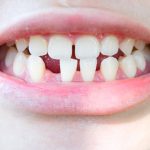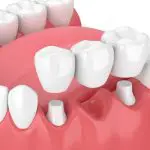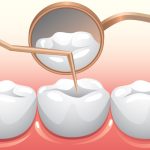Teeth Whitening Tips: When Can I Safely Enjoy My Coffee Again?
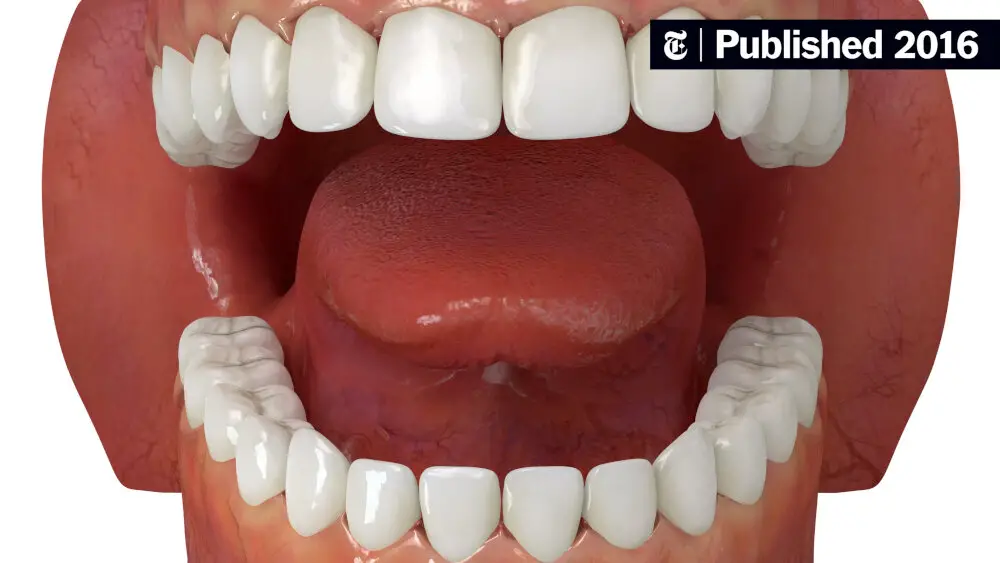
A bright, white smile is something that many people desire, but with our daily habits, it can be difficult to maintain. One of the most common culprits in teeth discoloration is coffee. As much as we love the taste and energy boost it provides, it can leave unsightly stains on our teeth. However, this doesn’t mean that you have to give up your daily cup of joe. With a few teeth whitening tips, you can still enjoy your coffee without sacrificing your pearly whites. Teeth whitening has become increasingly popular in recent years, with many people looking for ways to enhance their smile. While there are many teeth whitening products available, it’s essential to know when it’s safe to use them after consuming coffee. Drinking coffee can leave a residue on your teeth that can make it harder for whitening products to work effectively. But don’t worry, there are simple and effective teeth whitening tips that you can follow to ensure that you can enjoy your coffee and still maintain a bright, white smile.
Teeth staining, also known as tooth discoloration, occurs when the outer layer of the tooth (enamel) becomes stained or when the inner layer (dentin) yellows or darkens. This can happen due to a variety of reasons, including consuming certain foods and drinks (such as coffee, tea, and red wine), smoking, poor dental hygiene, and aging. The desire for teeth whitening is understandable, as having bright, white teeth is often associated with good health and hygiene, and can boost one’s confidence and self-esteem. While there are many products and treatments available for teeth whitening, it is important to approach this process safely and with caution to avoid damaging the teeth or gums.
Coffee is a widely consumed beverage that is known to cause teeth staining. The dark pigments in coffee can easily penetrate the enamel and leave unsightly stains on the teeth. However, recent research suggests that coffee may have some positive effects on teeth whitening. Coffee contains natural compounds called polyphenols that have been shown to inhibit the growth of bacteria that cause tooth decay and gum disease. Additionally, coffee may also help to remove surface stains on teeth due to its abrasive properties. While coffee should still be consumed in moderation and with caution, it may not be as detrimental to teeth whitening efforts as previously thought.
How Teeth Whitening Works
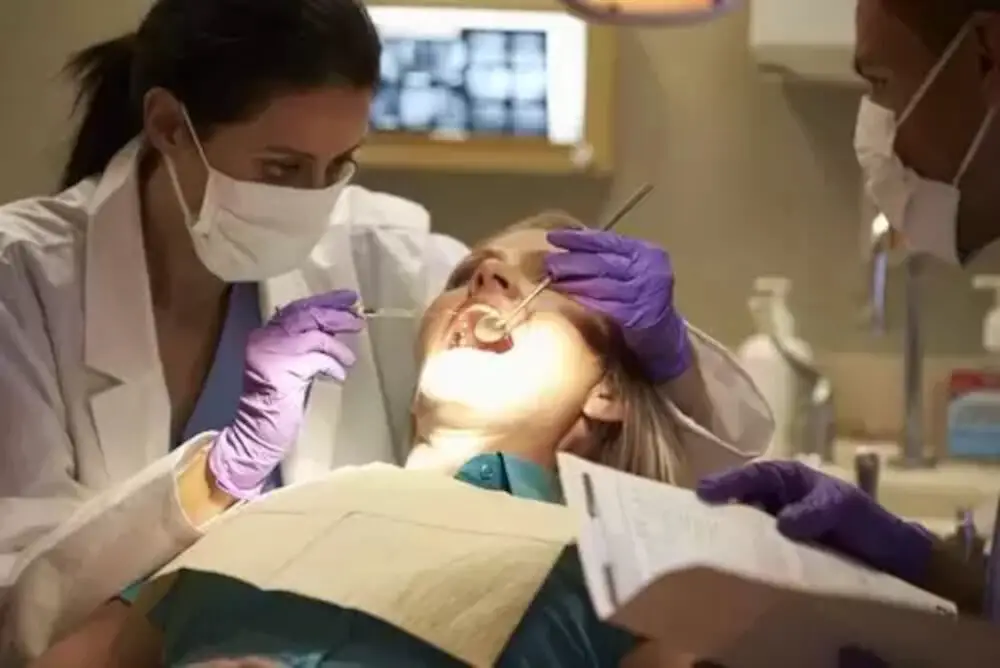
Teeth whitening is a cosmetic dental procedure that involves the use of various techniques to remove stains and discoloration from teeth. The most popular and effective method of teeth whitening is through the use of hydrogen peroxide or carbamide peroxide. These substances penetrate the enamel of the teeth and break down the stains, leaving teeth looking whiter and brighter. The concentration of peroxide used can vary depending on the severity of the staining, with higher concentrations producing more dramatic results. Teeth whitening can be done in a dental office or at home with over-the-counter products. In-office whitening procedures typically involve the use of a high-concentration peroxide gel that is applied to the teeth and activated with a special light. At-home whitening kits usually consist of a lower-concentration peroxide gel that is applied to custom-fitted trays and worn for a specified amount of time each day. It is important to follow the instructions carefully and not exceed the recommended usage, as overuse can cause tooth sensitivity and damage to the enamel. With proper care and maintenance, teeth whitening can provide a long-lasting and noticeable improvement in the appearance of teeth.
Teeth whitening is a cosmetic dental procedure that involves the removal of stains and discolorations from the teeth. The process usually begins with a thorough cleaning of the teeth to remove any debris and plaque buildup. The next step involves the application of a whitening agent, which can either be hydrogen peroxide or carbamide peroxide, onto the teeth. The whitening agent is then activated using a special light or laser, which helps to break down the stains and lighten the color of the teeth. The entire process usually takes around an hour, and patients can expect their teeth to become several shades lighter. It is important to note that teeth whitening is not a permanent solution, and patients may need to undergo touch-up treatments every few months to maintain their brighter smile.
Teeth whitening is a popular cosmetic procedure that helps to remove stains and discoloration from teeth. There are several different types of teeth whitening methods available, including in-office treatments, at-home treatments, and natural remedies. In-office treatments typically involve the use of a high-concentration bleaching agent that is applied to the teeth and activated with a special light. At-home treatments can include the use of whitening strips, gels, or trays that are filled with a lower-concentration bleaching agent. Natural remedies, such as brushing with baking soda or applying a paste made from strawberries, may also help to whiten teeth. It’s important to consult with a dental professional before beginning any teeth whitening treatment to ensure that it is safe and effective for your individual needs.
Timing Your Coffee Intake
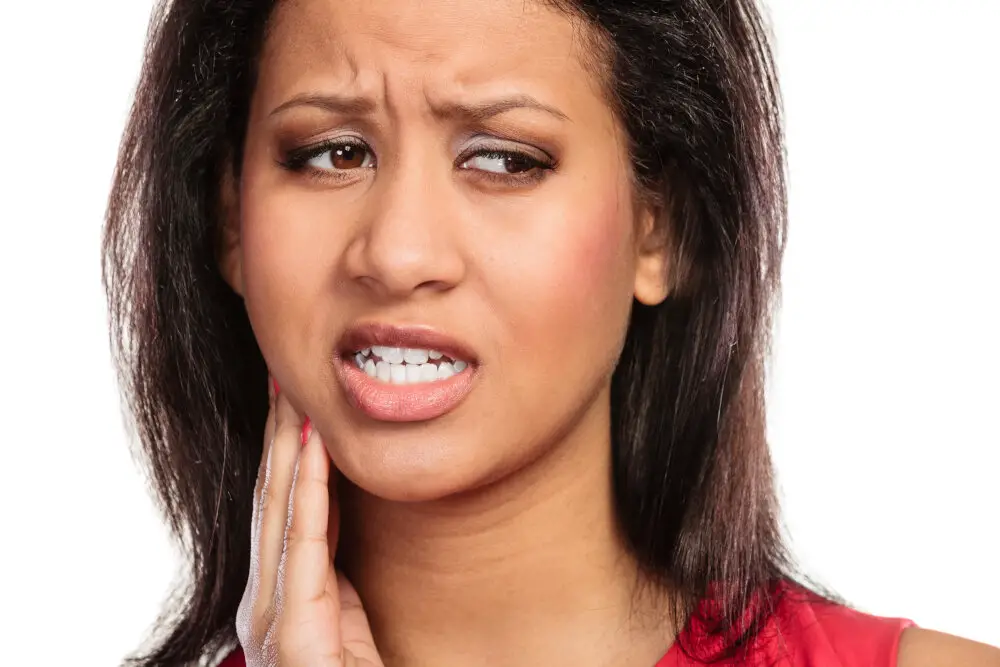
Timing your coffee intake can be a crucial factor in maintaining your teeth’s whiteness. It is recommended to consume coffee during or after a meal rather than having it first thing in the morning. Drinking coffee on an empty stomach can cause the acidic content to damage the enamel of your teeth. Having it with a meal can reduce the acid’s impact as the food helps to neutralize the acid. Moreover, the saliva production increases during meals, which further helps in washing away the coffee stains from your teeth. It is also advisable to limit the number of cups you consume per day. The American Dental Association recommends a maximum of four cups a day to avoid any adverse effects on your oral health. Additionally, you can opt for lighter roasts, which contain less acid than darker roasts. Choosing to drink your coffee with a straw can also minimize the contact between the coffee and your teeth, reducing the risk of stains. Overall, by timing your coffee intake and being cautious about the number of cups you drink, you can enjoy your cup of coffee without compromising your teeth’s brightness.
After undergoing teeth whitening treatment, it is important to be mindful of the timing of coffee intake. Coffee is notorious for causing teeth staining, and immediately consuming it after teeth whitening can reverse the effects of the treatment. Dentists recommend waiting at least 48 hours before drinking coffee or any dark-colored beverages or foods, as the teeth are more susceptible to staining during this time. It is also advisable to avoid consuming acidic foods or beverages that can weaken the enamel and cause sensitivity. Instead, opt for lighter colored beverages, such as tea or clear juices, and maintain good oral hygiene habits to prolong the effects of teeth whitening.
After undergoing a teeth whitening procedure, it is essential to know that the stabilization period varies for each individual. Typically, it can take up to two weeks for the teeth to stabilize after whitening. During this period, it is crucial to avoid consuming foods and drinks that can stain the teeth, such as coffee, tea, and red wine. Additionally, it is essential to maintain proper oral hygiene practices, including brushing twice a day, flossing, and using mouthwash. It is highly recommended to consult with a dental professional for advice on the proper care and maintenance of your newly whitened teeth to ensure long-lasting results.
Alternatives to Coffee

For many people, coffee is a morning staple that provides a much-needed boost of energy to start the day. However, excessive coffee consumption can lead to teeth staining and discoloration over time. Fortunately, there are plenty of alternatives to coffee that can still provide a similar energy boost without the negative effects on your teeth. One popular alternative is green tea, which is packed with antioxidants and contains less caffeine than coffee. Green tea has also been shown to improve brain function and reduce the risk of certain diseases, making it a healthy alternative to coffee. Another great alternative to coffee is herbal tea, which comes in a variety of flavors and blends. Herbal teas are made from a variety of plants, including chamomile, peppermint, and ginger, and can provide a soothing and calming effect on the body. Some herbal teas also contain natural caffeine sources, such as yerba mate, which can provide a similar energy boost to coffee without the negative effects on your teeth. Additionally, herbal teas are often sugar-free and can be a great way to hydrate your body throughout the day.
If you’re looking for an alternative to coffee, there are a variety of options out there that are both tasty and beneficial for your health. One great option is green tea, which is packed with antioxidants and has been shown to improve brain function and lower the risk of certain diseases. Another alternative is herbal tea, which comes in a variety of flavors and can be soothing and relaxing. For those who want a cold beverage, kombucha can be a great choice, as it’s a fermented drink that’s packed with probiotics and can aid in digestion. Additionally, fresh juices and smoothies can be a great way to get a boost of nutrients and hydration without the caffeine. Whatever alternative beverage you choose, it’s important to be mindful of its impact on your dental health and choose options that won’t stain your teeth.
There are several alternatives to traditional teeth whitening methods that can impact the overall effectiveness and safety of the process. For instance, using charcoal or baking soda as a whitening agent can cause enamel erosion and damage to the gums if not used correctly. On the other hand, opting for natural whitening solutions like strawberries or coconut oil can provide gentle and safe results. Additionally, avoiding certain foods and drinks like coffee, tea, and red wine can prevent staining and discoloration of the teeth. Ultimately, it’s important to consider the potential risks and benefits of each whitening alternative before making a decision to ensure a healthy and bright smile.
Maintaining Teeth Whitening Results
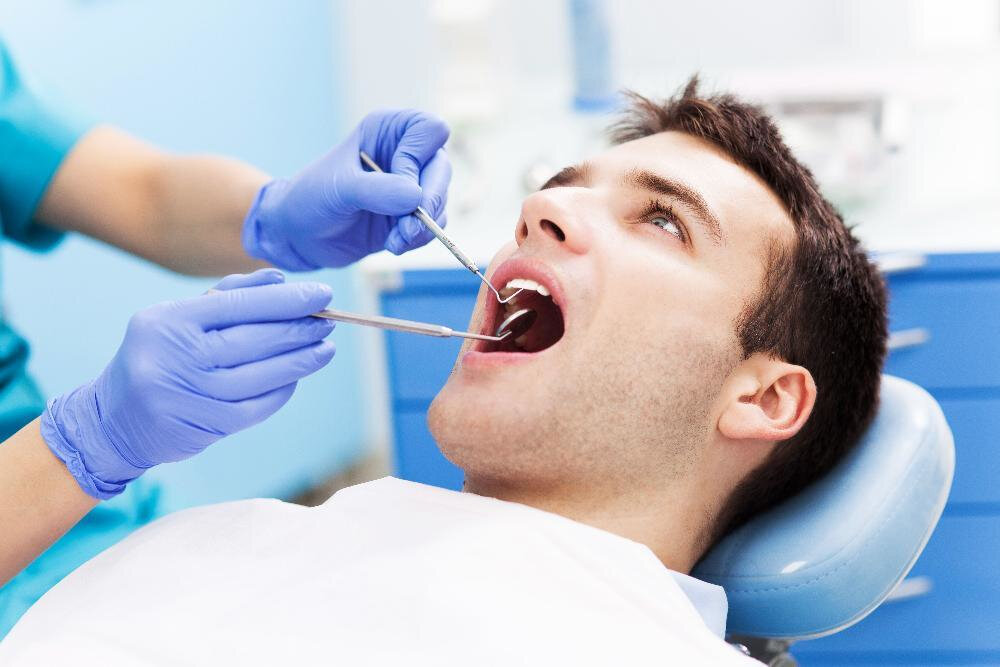
After investing time and money to achieve a brighter smile, it is essential to maintain the results of your teeth whitening treatment. The first step in maintaining your teeth whitening results is to maintain good oral hygiene practices. Regular brushing, flossing, and using mouthwash are crucial in preventing the buildup of plaque and stains on your teeth. Additionally, avoiding cigarette smoking, limiting the intake of stain-causing foods and drinks, such as coffee, tea, and red wine, can also help to preserve the whiteness of your teeth. Another effective way of maintaining your teeth whitening results is to opt for touch-up treatments. Touch-up treatments are a great way to keep your teeth bright and sparkling. These treatments involve using a whitening gel or a whitening pen to keep your teeth looking their best. The frequency of touch-up treatments will depend on your lifestyle and dietary habits. If you are a coffee addict or a smoker, you may need to opt for touch-up treatments more frequently than someone who avoids these habits.
After undergoing a teeth whitening treatment, it is important to maintain the results in order to keep your teeth looking bright and white. Firstly, it is important to practice good oral hygiene habits such as brushing twice a day, flossing and using mouthwash regularly. Additionally, it is recommended to avoid food and drinks that may stain your teeth such as coffee, tea, red wine, and tobacco products. If you do consume these items, it is recommended to rinse your mouth with water afterwards. It is also important to attend regular dental check-ups and cleanings to ensure that your teeth remain healthy and white. By following these tips, you can enjoy your newly whitened teeth for a longer period of time.
Maintaining good dental hygiene is essential for healthy teeth and gums. It includes brushing teeth twice a day for two minutes each time with fluoride toothpaste, flossing daily, and using mouthwash to kill bacteria and freshen breath. It is also important to avoid sugary and acidic foods, limit snacking, and drink plenty of water. Regular dental checkups and cleanings are crucial to detect any potential issues early on. By following these good dental hygiene practices, you can ensure healthy teeth and gums and enjoy a brighter smile for years to come.
In summary, teeth whitening is a popular cosmetic procedure that can improve the appearance of stained or discolored teeth. However, it’s important to follow the advice of your dentist or teeth whitening specialist to ensure that you achieve the best possible results without harming your teeth or gums. After a teeth whitening treatment, you may need to avoid certain foods and drinks that can stain your teeth, such as coffee, tea, red wine, and acidic beverages. It’s also recommended to maintain good oral hygiene habits, such as brushing and flossing regularly, to keep your teeth looking healthy and bright. Overall, with proper care and maintenance, you can enjoy a brighter, more confident smile for years to come.
In conclusion, enjoying coffee after teeth whitening requires patience and careful consideration to avoid compromising the results of the treatment. While it may be tempting to indulge in a cup of joe immediately after the procedure or during the whitening process, it is best to wait at least 48 hours before consuming any staining foods or drinks. Additionally, consider switching to a lighter roast, using a straw to minimize contact with teeth, or drinking water alongside your coffee to help neutralize the acidity. By following these tips and being mindful of your dental hygiene, you can continue to enjoy your favorite beverages while maintaining a bright, healthy smile.
Conclusion
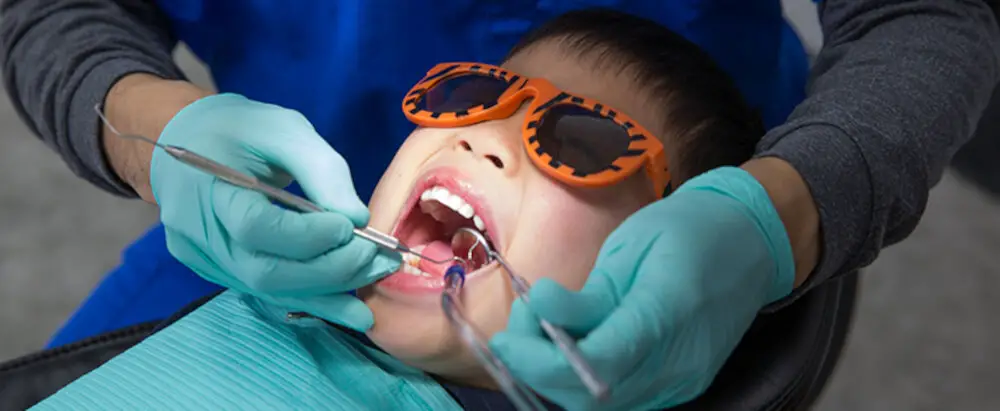
In conclusion, teeth whitening is a process that can help you achieve a brighter, more confident smile. While it’s important to be cautious about what you eat and drink immediately after treatment, there are ways to enjoy your favorite foods and beverages without compromising your results. It’s recommended to wait at least 24-48 hours before consuming coffee or other staining substances, but you can still indulge in moderation and take steps to minimize their effects. Incorporating good oral hygiene habits and regular dental checkups can also help maintain your results and keep your smile looking its best. With these teeth whitening tips in mind, you can enjoy a beautiful, healthy smile for years to come.
